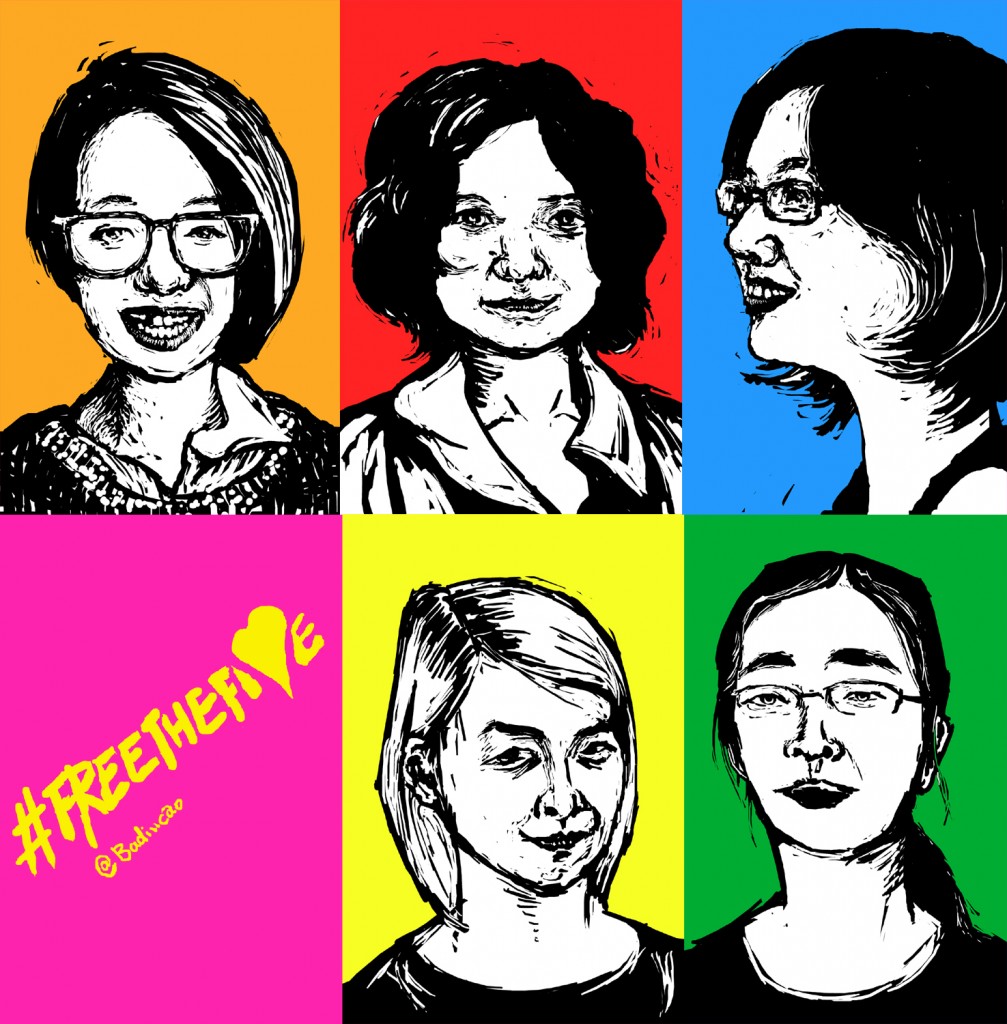On her China Law and Policy blog, Elizabeth Lynch has written a three-part analysis of the proposed Foreign NGO Law, the second draft of which has recently been read by the Standing Committee of the National People’s Congress. Under the revised draft, foreign NGOs will only be allowed to operate in China with explicit permission from a related government agency and the Public Security Bureau. In the first section of her analysis, Lynch emphasizes that while more transparency may well be needed in the NGO sector in China, the law as proposed does not seek to achieve that. Rather, it puts management of NGO activities under the security apparatus, which will result in a “survival of the fittest” environment for foreign groups. As she writes in the second installment, which focuses on the potential application of the law:
For anyone who still doubts that the draft Foreign NGO Management Law is about the Public Security’s Bureau’s ability to control foreign NGOs and their domestic partners, recent events – namely the detention of five feminist activists, the indictment of the head of the Chinese think tank, the Transition Institute, and the expulsion of foreign aid workers – should make clear that the draft law is primarily a security document. [Source]
In the final section, Lynch points out that the definition of “NGO” in the law is broad enough to potentially include any organization, university, and other group doing even non-political work in China. She calls on all groups whose work in China may be affected to offer feedback during the review period, when the Chinese government has opened the draft to comment:
As China Law Translate notes in its Cheat Sheet for Understanding the Foreign NGO Law, what is a foreign NGO is defined expansively as any “not-for-profit, non-governmental social organization.” (Art. 2). Such a broad definition can “include universities, international professional associations and interest groups, artistic groups and athletic associations” in addition to what we view as traditional NGOs like the Red Cross.
Similarly, the term “activity” is left undefined, allowing it to encompass anything. However, even those foreign NGOs without an office in China will be required to establish a relationship with a Chinese partner in order to obtain a temporary activity permit to perform any work in China. (Arts. 18-20). The entire process can take 60 days or more, depending how easy it is to establish a relationship with a Chinese partner. (Art. 20 & 22). Will Doctors Without Borders have to apply for a temporary activity permit before responding to a medical emergency in China? Under the current, vague draft, yes.
Universities are also covered under the current draft law. It is that fact that has alarmed many Chinese scholars who realize that academic exchanges will be negatively impacted by the current, vague draft.
Ultimately, under the proposed draft Foreign NGO Management Law these terms will all be defined by the PSB. And changed as the PSB sees politically expedient. [Source]
While foreign NGOs are the target of the law, most grassroots organizations and civil society groups in China—working on a broad range of issues from public health to the environment to civil rights—receive funding, training, and other types of support from foreign groups. As Lynch writes: “While foreign NGOs will feel the initial pinch, the true victims will be the Chinese people.”
In the New York Times, women’s rights activist Xiao Meili writes about the detention of the five feminist activists mentioned by Lynch as an example of the ways that the new law could be applied in a security context:
The arrest of my five friends, which occurred in the days before International Women’s Day, showed that the government has become scared of a group of young women because of our ability to mobilize a large network of supporters. They were incarcerated on charges of “picking quarrels and provoking trouble,” even though the event was still in the planning stage and our past activities were carried out peacefully. The police punished my friends to intimidate other social and political activists.
In the near future, even though we may have to adjust our strategies to cope with this tough environment, we’ll never give up. We hope the international community will not either. [Source]
For more on the Foreign NGO Law, see “Cheatsheet for Understanding the Foreign NGO Law” from China Law translate, which has also translated the full text of the second draft. See also posts on the first and second drafts of the law, from CDT.








